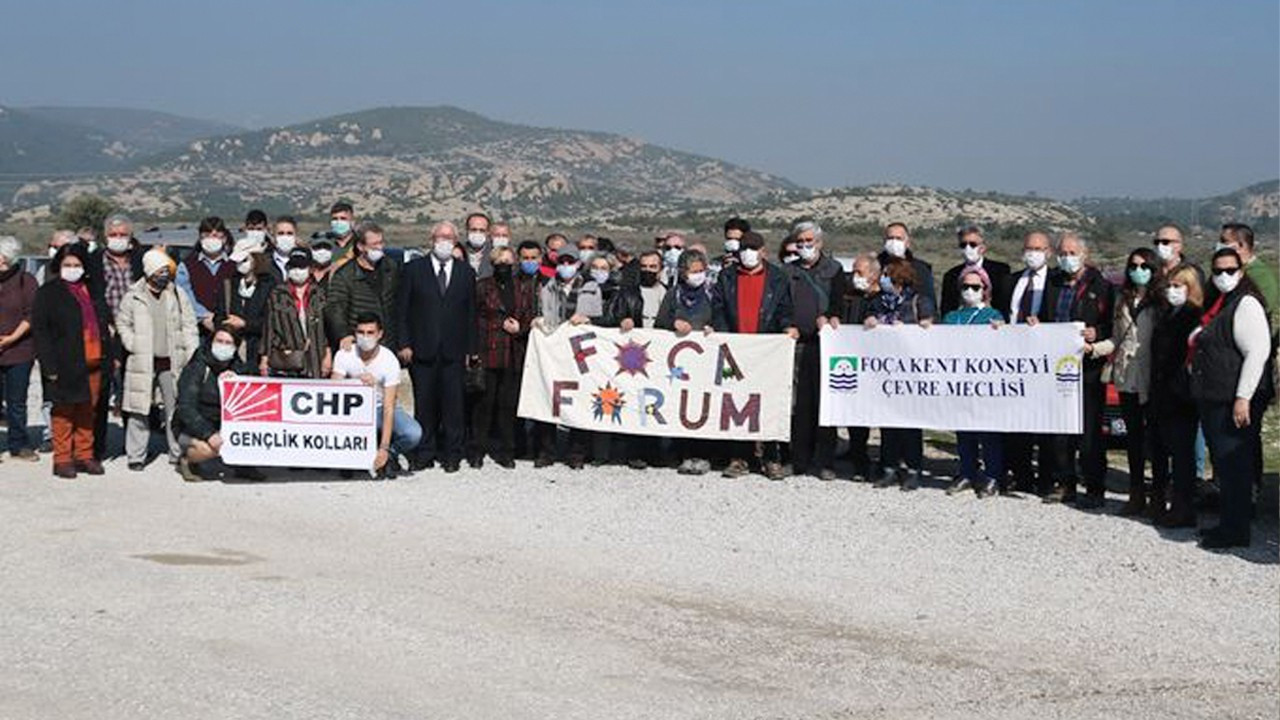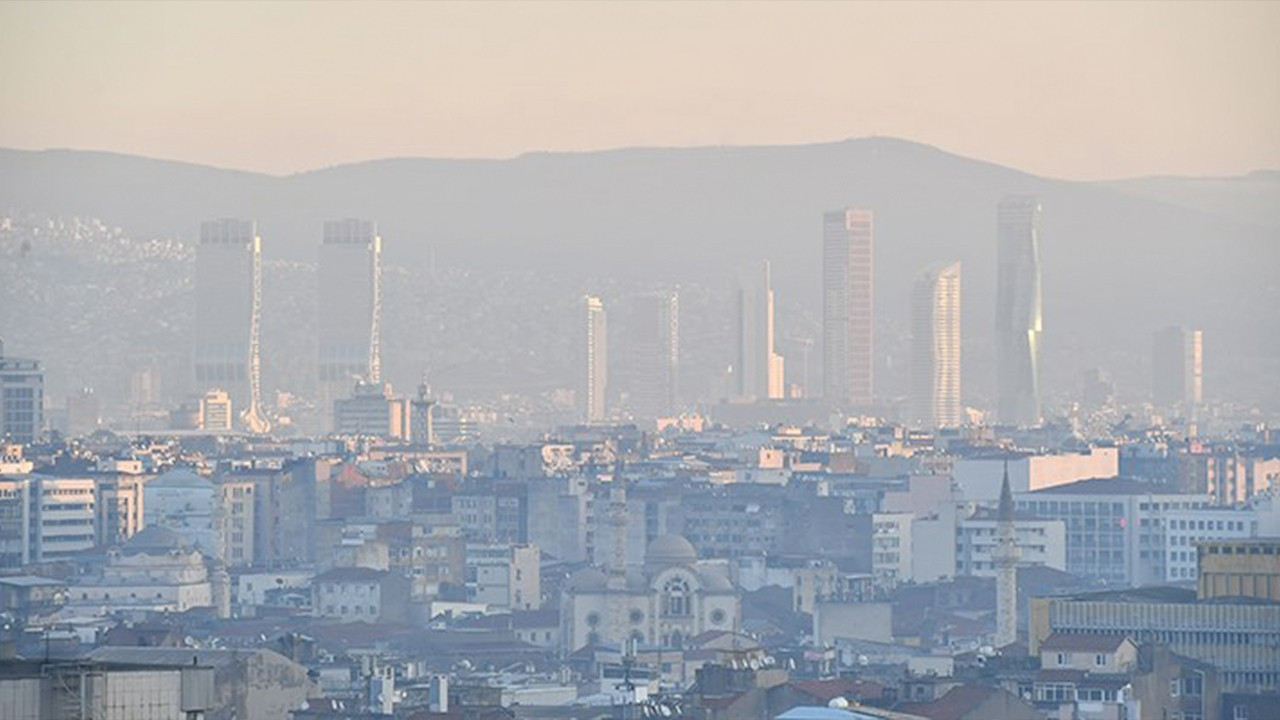400 mln liras of energy is wasted annually due to unnecessary use in Turkey: Study
Inefficient and excessive use of lighting in Turkey causes 400 million liras' worth of energy to go to waste annually, a recent study revealed. A shocking 97.8 percent of the population in Turkey lives in light pollution, the report by the Bursa Provincial Light Pollution Research (BIKA) project noted.
Pelin Akdemir / DUVAR
Inefficient and excessive use of electricity in Turkey had led to the waste of 400 million Turkish liras' worth of energy, a study by the Bursa Amateur Astronomy Club and the western municipality revealed.
The study was conducted as part of the Bursa Provincial Light Pollution Research (BIKA) Project, and found that the western province alone wastes 21 million liras' worth of energy annually.
"Light pollution is a global problem with a local solution, and it's a problem of education and awareness," the BIKA report noted.
A shocking 97.8 percent of the population in Turkey lives in light pollution, and 49.9 percent of the population can never locate the Milky Way in the sky, the report added.
Light pollution is defined as the use of lighting in wrong locations, in wrong amounts or at the wrong time, Bursa Amateur Astronomy Club Chair İlhan Vardar noted.
"Light pollution affects wildlife. Nocturnal hunter birds can become prey because of light pollution," Vardar said. "Caretta caretta turtles will walk toward light pollution instead of the ocean and get lost."
Street lighting in Turkey should become more localized, and should operate on motion sensors or solar power, Vardar said, noting that street lamps in Turkey are excessive in number and in energy usage.
"There have also been reports of plane trees dying because a street lamp was built underneath," Varsar added. "Trees don't realize fall arrives because of the light, and they get thrown off balance."
A large amount of light isn't always the safest, Vardar noted, adding that good lighting is one that gives off a sufficient amount of light.
"Light pollution is more intense in cities, it decreases in rural areas," Vardar said, noting the use of excessive LED lighting in urban areas.

 Aegean İzmir faces pollution threat via biomass power plant projectEnvironment
Aegean İzmir faces pollution threat via biomass power plant projectEnvironment Air pollution increases visibly in Aegean İzmirEnvironment
Air pollution increases visibly in Aegean İzmirEnvironment